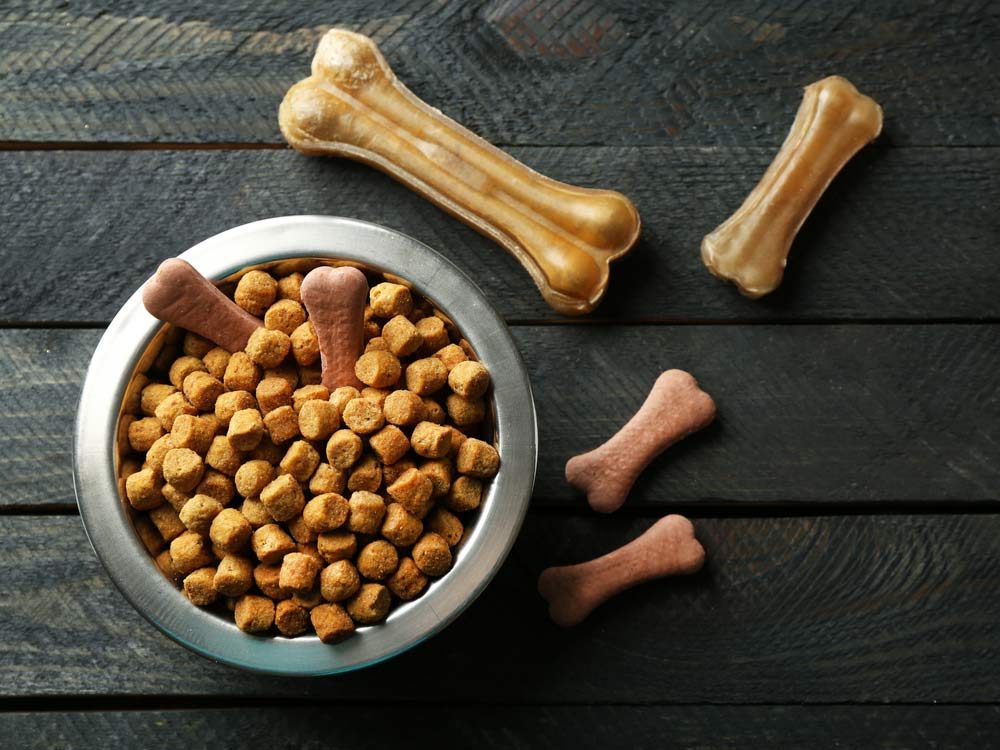
1. Know Which Canadian Pet Stores to Shop At
You may find lower prices for pet food in big-box stores or online. But as Beth Cowley, a former pet store employee based in Hamilton, notes, independent shops usually offer a wider food selection: raw foods if your dog requires them or smaller brands that contain more nutritional bang for your buck.
Ever wondered what your vet’s really thinking? Actual veterinarians reveal their juiciest stories and gossip.
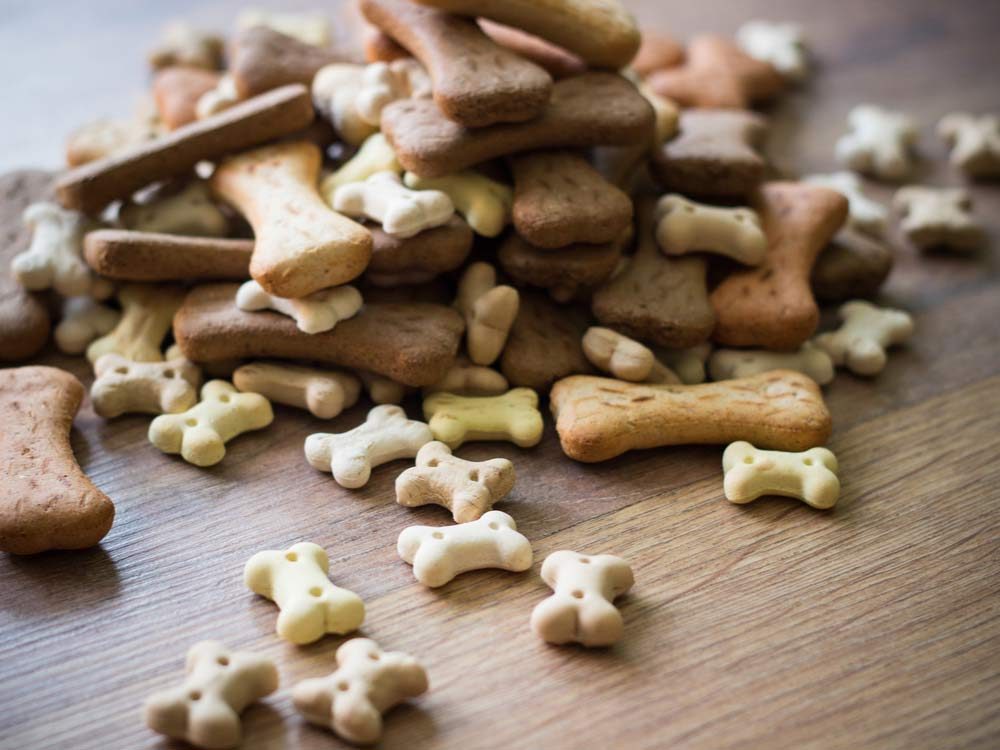
2. Don’t Be Fooled by Price
“The quality of pet foods is not directly proportional to the price,” says Christina Nosotti, a Montreal veterinarian and blogger. If your pet has allergies or a medical condition, follow your vet’s advice about what food works best; if not, Nosotti recommends picking a reputable food company that has board-certified veterinary nutritionists on staff.
Plus: The Real Reason Why Dogs Stick Their Heads Out of Car Windows
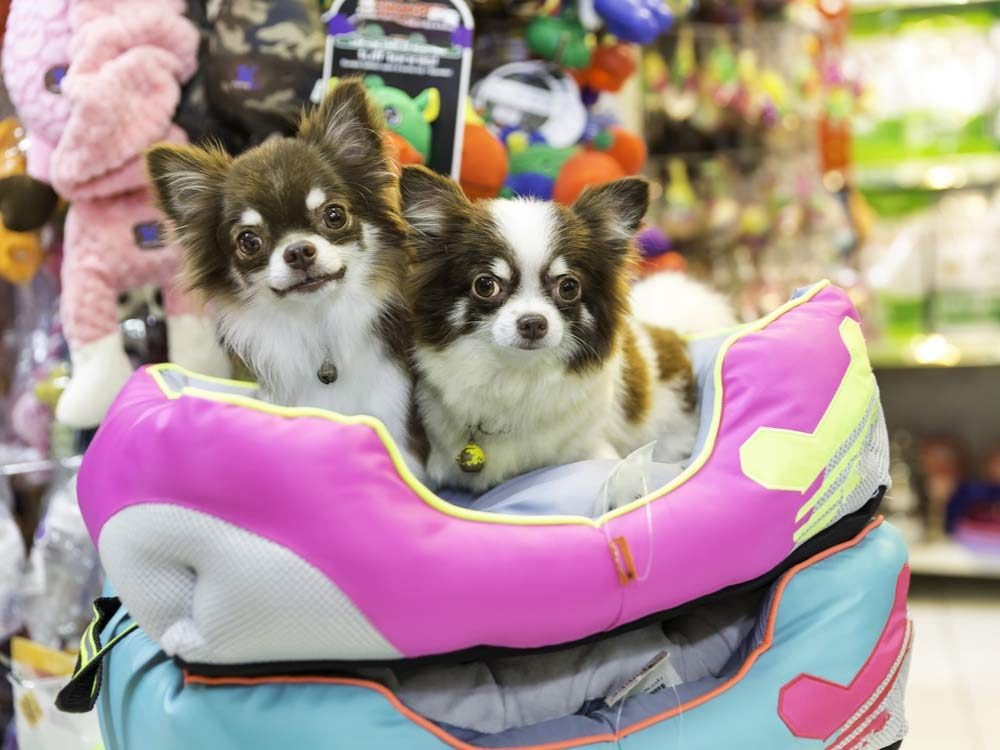
3. Watch Out for Accidents!
Visiting animals pee and poop in pet stores all the time—that’s why all the products on the lower shelves are sealed in plastic! Employees don’t mind, as long as you alert them to the mess.
Just how unhealthy is it for a dog to eat goose droppings? Our dog expert weighs in on how to correct this potentially dangerous dog behaviour.
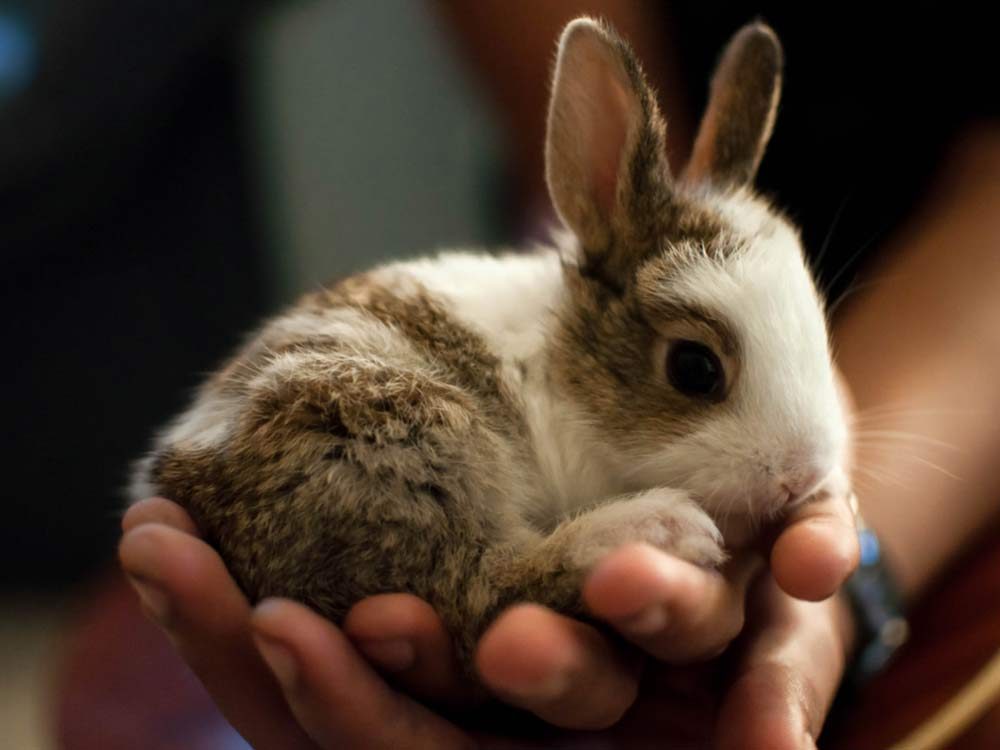
4. Small Animals Need Adoption, Too
Are you looking to bring home a hamster, rat or rabbit? Many independent shops partner with shelters or rescues to foster small animals, and you can find them at the SPCA, too.
Here are 13 of Canada’s Cutest Animals!
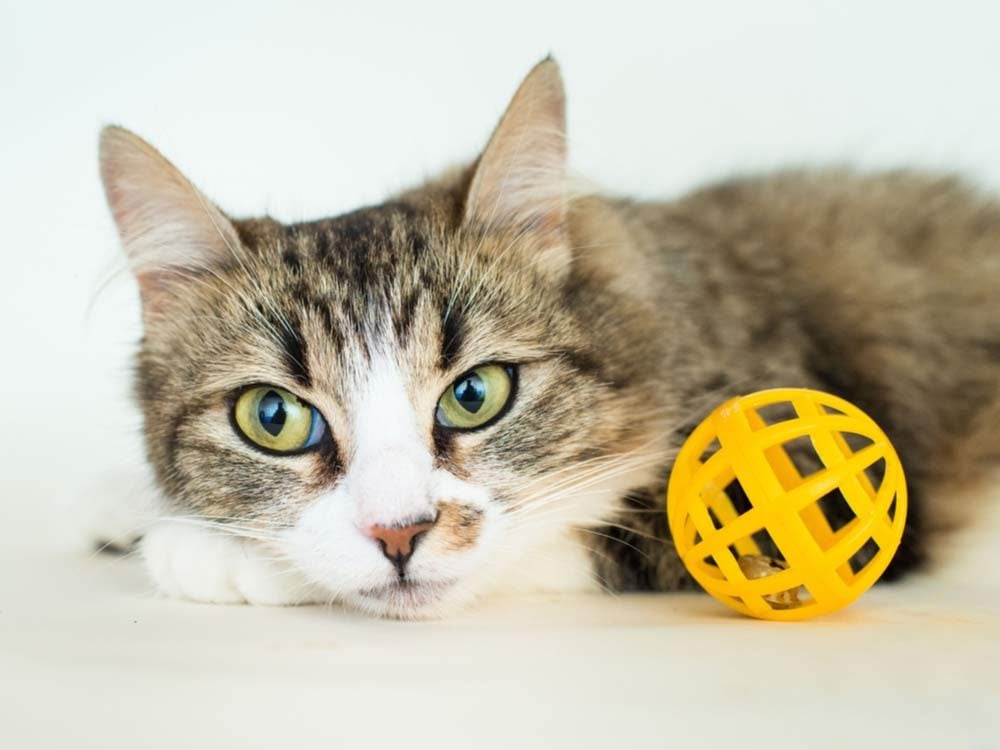
5. Be Realistic About Your Budget
Before you get a pet, do the math. A hamster may cost you less than $40, but you’ll probably spend another $100 on a cage, food, bedding, toys and treats—plus you’ll have to restock monthly. Nicole Collingwood, a Hamilton-based pet store manager, recommends coming in to chat about what your pet will need before you adopt.
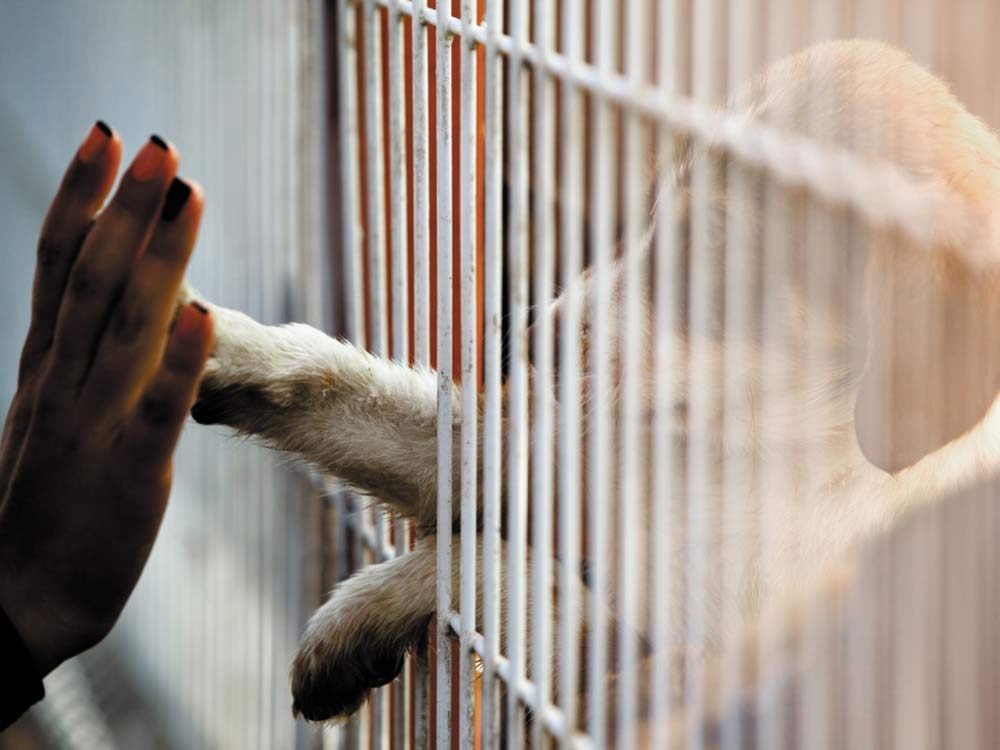
6. Adopt, Don’t Shop
According to the Humane Society, most of the puppies sold in Canadian pet stores come from puppy mills. At the same time, thousands of cats and dogs are euthanized at shelters every year. Instead of buying from a breeder, consider adoption. Many retailers, including PetSmart, foster pets from rescues or shelters instead of selling them.
Here are The First 5 Things to Train Your Puppy.
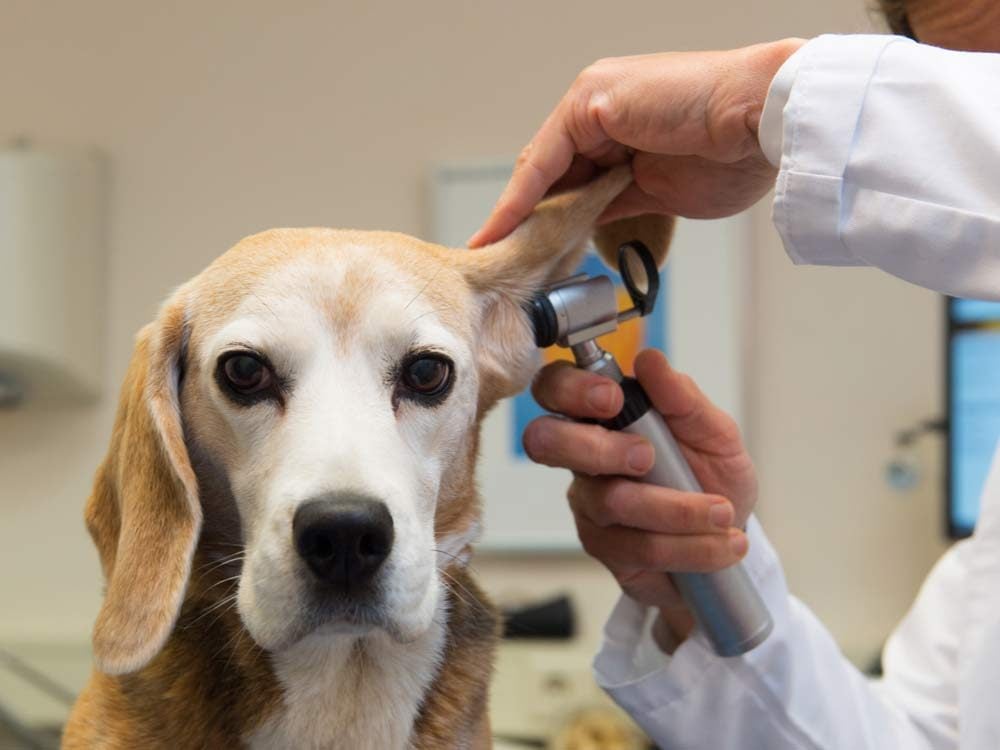
7. See a Vet A.S.A.P.
No matter where you get your pet, it may be harbouring parasites, a respiratory infection or a more serious disease. “Rescue organizations are unregulated and aren’t all equal in the standards of care they provide to the animals,” cautions Nosotti. Book an appointment with your vet after you bring your furry friend home—and before they meet other household animals.
Make sure your pet is as healthy as possible with these Essential Vaccinations For Your Dog and Cat.
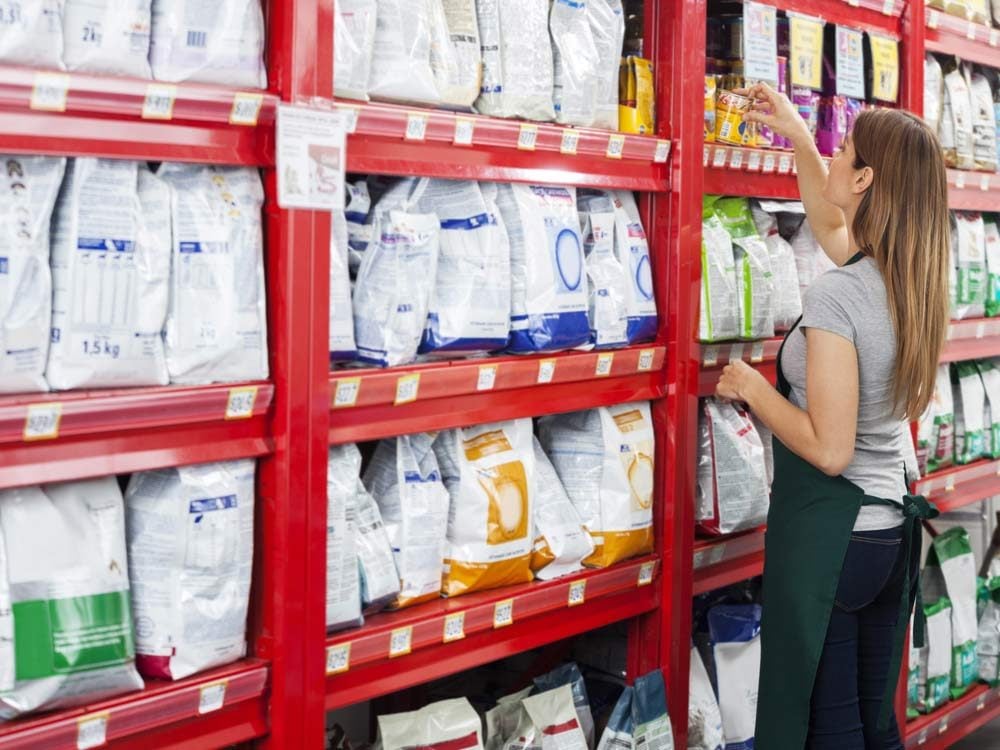
8. Know Where to Save
To save money on pet food, ask for a bulk discount. Some stores will give you a deal, especially if you’re a regular.
Prefer to make your own? Read The Scoop on Homemade Pet Food.
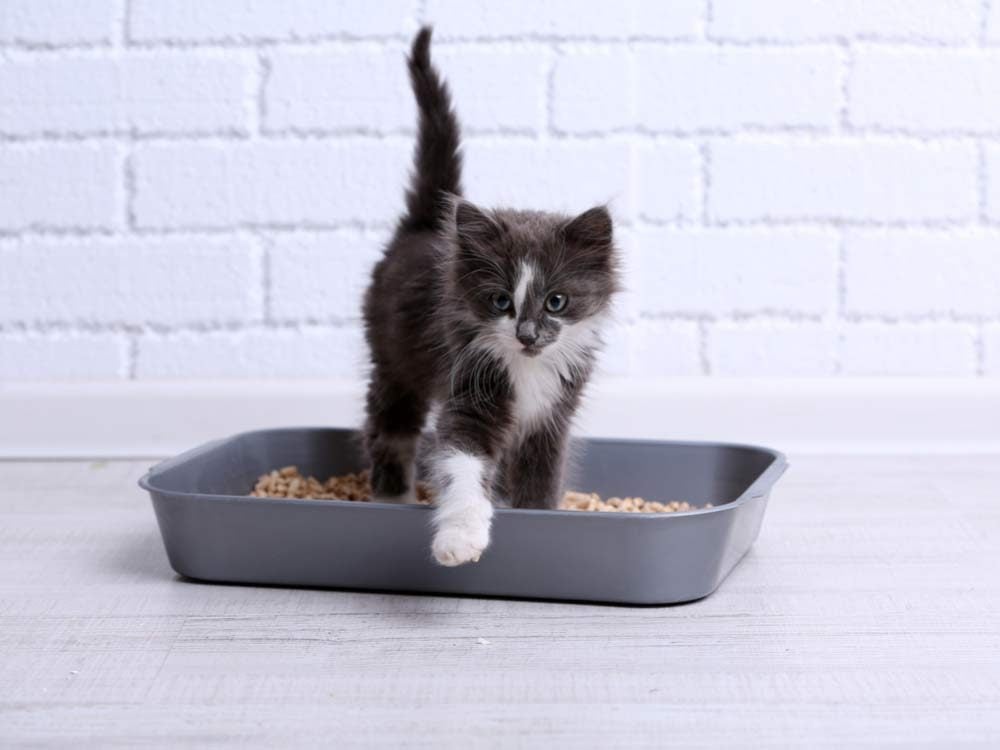
9. Choose the Right Litter
Choose a natural cat litter, both for your own safety and for the safety of your pet. “They give off no dust and won’t get into the cat’s lungs,” says Collingwood. Instead of clay-based litters, opt for corn, wheat, nut or pine. Some litters are even flushable!
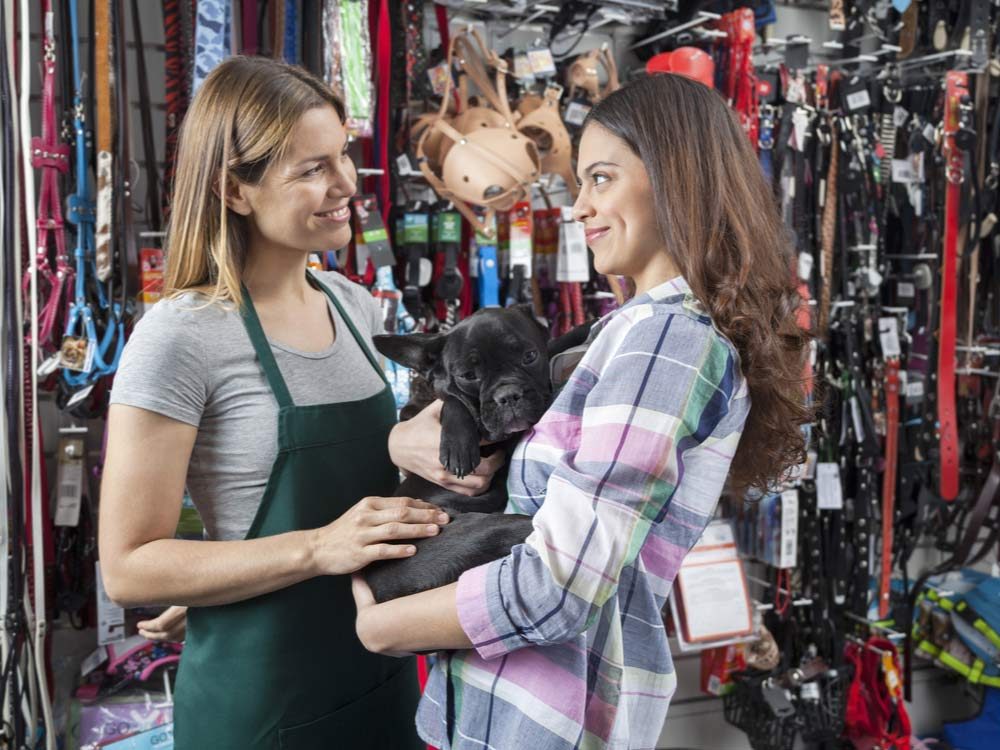
10. Questions Are Always Welcome
If you’re a first-time pet owner—or even a pro who’s struggling with a tricky situation—try your local independent pet store. Employees test products and educate themselves on everything from litter to leash training.
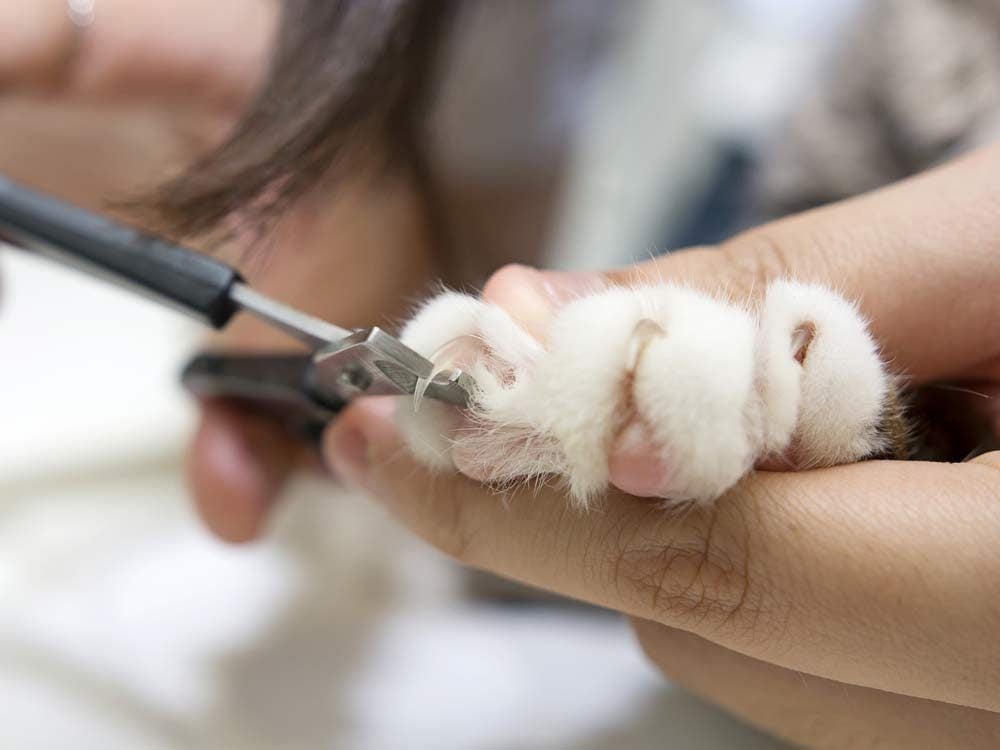
11. Learn From the Pros
Nervous about trimming your dog’s or cat’s nails? Canadian pet stores such as Pet Valu often offer in-store grooming sessions or workshops.
For more grooming tips, check out Ask The Expert: Dog Grooming a Nightmare!
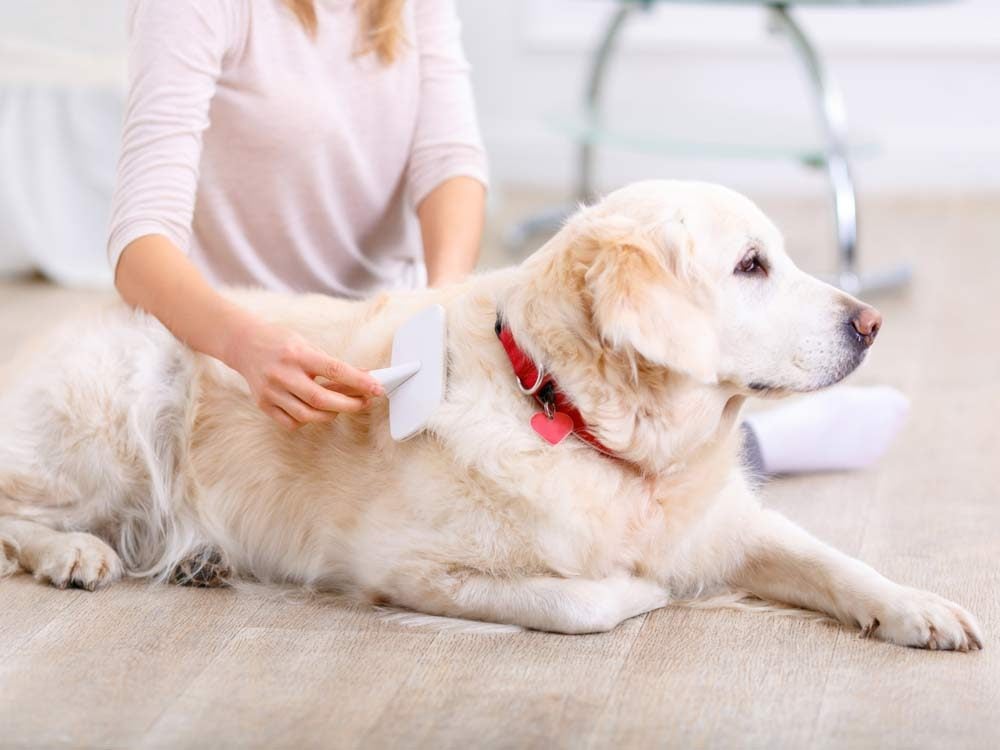
12. Don’t Spring for Newfangled Gadgets
Instead of spending money on a pooper scoop-er (bags will do), Cowley suggests that dog owners invest in good-quality basic accessories such as the proper comb for their dog’s fur type.
Here are 13 Things to Know About Dogs.
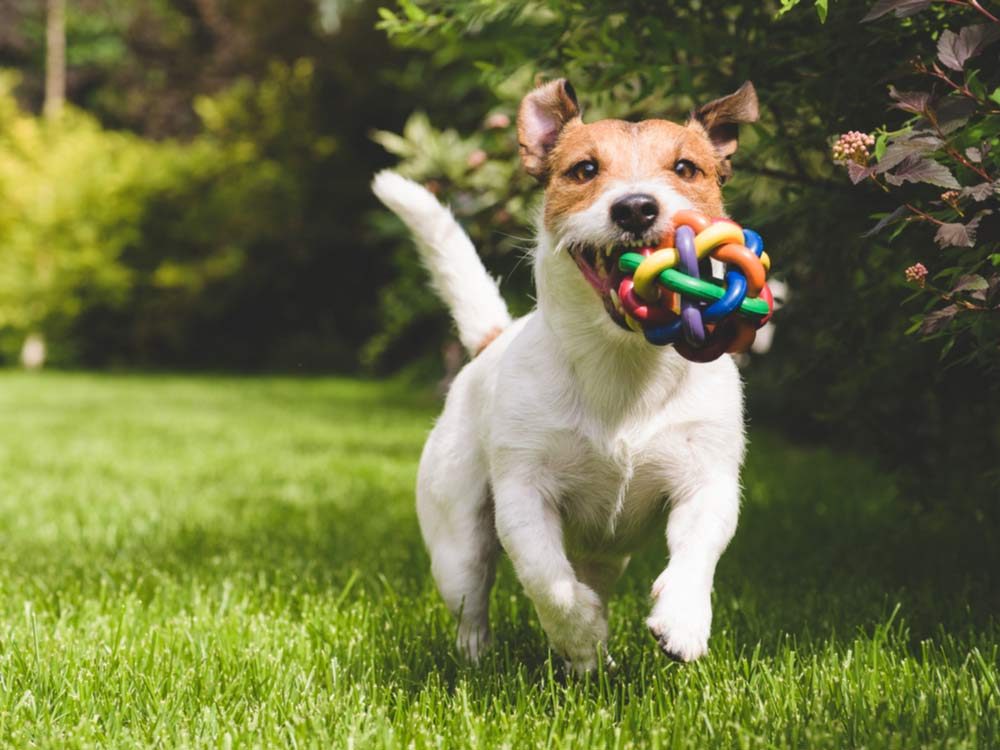
13. Not All Toys Are Created Equal
When choosing toys for your dog, says Cowley, it’s important to know your pet’s personality. If the canine is an aggressive chewer, pick out a tough toy that will withstand abuse—and make sure you avoid, say, a rawhide bone, which could be dangerous (your dog could accidentally swallow shards).